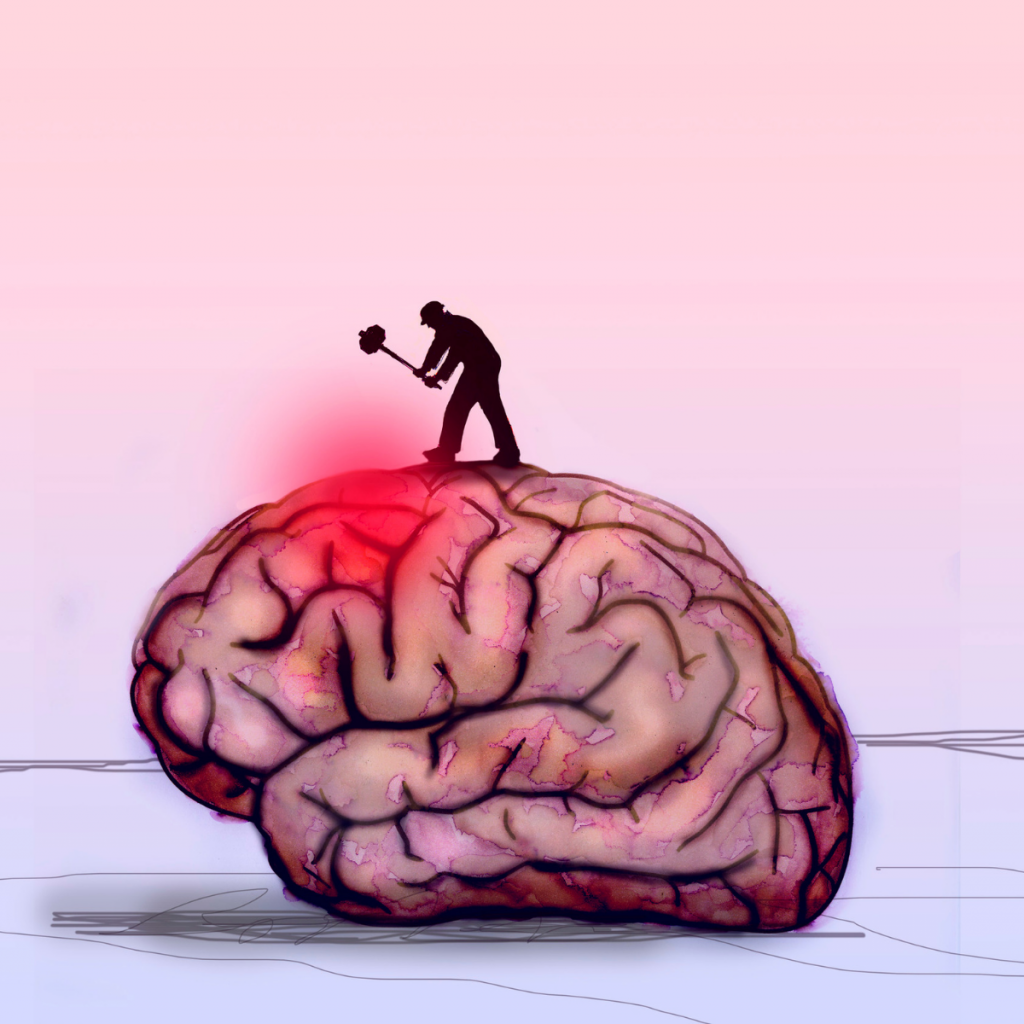Migraine Awareness Week September 2021
What is Migraine Awareness Week?
Running from 5 – 11 September 2021, Migraine Awareness Week, like any other awareness week, has an aim to raise awareness around the topics of migraines and headaches.
Migraine Awareness Week looks at how migraines are experienced, the help available, and resources to reach out to if you are affected by this health issue.
Understanding migraine
Migraines can be hereditary, and affect around 1 in 7 people in the UK.
Over three quarters of people who are affected by migraines suffer from at least one attack on a monthly basis.
What causes migraines?
There are so many factors which influence migraines. Some of these include:
- Female hormonal changes
- Sleep changes
- Weather
- Medication
- Stress
- Alcohol
- Sensory stimulation
- Physical activity
- Specific foods

Migraine with aura
This type of migraine is where you have a warning sign (an ‘aura’) that a migraine attack is going to happen, this can be blind spots or flickering lights in your eyes. Typically, auras start happening over a gradual period of time, and can last for up to an hour.
Treatments for migraine with aura include over the counter painkillers, migraine specific treatments (triptans) and anti-sickness medication.
The link between Epilepsy and Migraines
Those who suffer from epilepsy are more than twice as likely to also suffer from migraines. Migraines and epilepsy share some of the same symptoms and triggers, such as:
- Headache
- Nausea
- Stomach pain
- Facial numbness
Epilepsy can lead to headaches. Sometimes before an epileptic seizure, sufferers experience a headache that may be as painful as a migraine. Some medications also exist to treat both migraines and epilepsy.
Campaigning for change
On 6 September 2021, Migraine Awareness Week supporters will issue a report identifying crucial areas in migraine healthcare which need addressing. The report aims to recommend areas for potential change and how to improve migraine healthcare overall for everyone.
How can migraine healthcare be improved?
Key areas for improvement include:
- Faster migraine diagnosis
- Faster specialist referrals
- Prescriptions for migraines
- More awareness amongst non-specialist healthcare professionals

Migraine treatment
Medications which fall under the ‘acute’ bracket are used by sufferers to stop or to shorten migraine symptoms. They can be fast acting upon immediate migraine attacks.
Preventative medications are used to prevent the attacks from happening in the first place. These types of medication should be considered if someone is suffering from migraine attacks at least four times a month.
Additionally counselling can also help especially to identify & get to the route cause of stress triggers plus help relieve stress in a safe space. It can also be useful for the implementing coping and treatment strategies such as breathing techniques, fingerer dexterity exercises and also gentle massaging of the temples on the side of the head among others which can be more effective when done in combination.
How can you get involved with Migraine Awareness Week?
There are many ways to get involved, mainly online.
Join the conversation on social media by using #BetterMigraineCare and #MigraineAwarenessWeek2021.